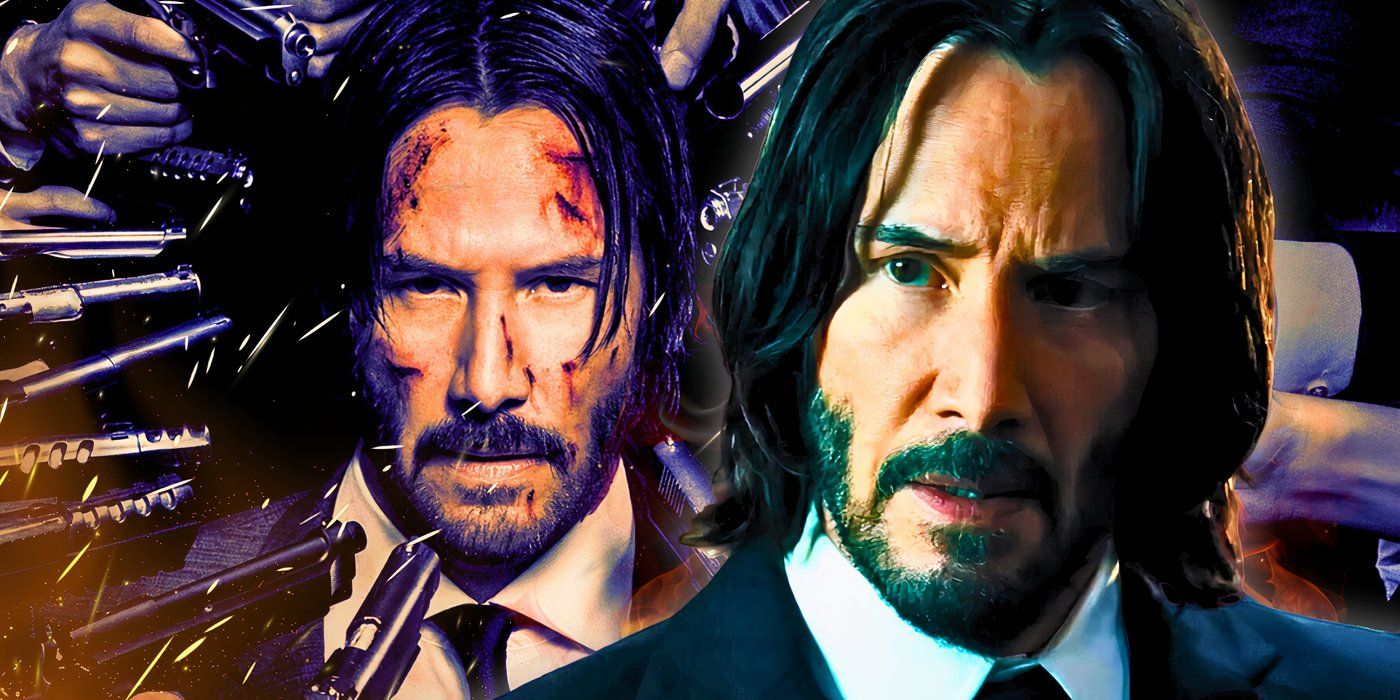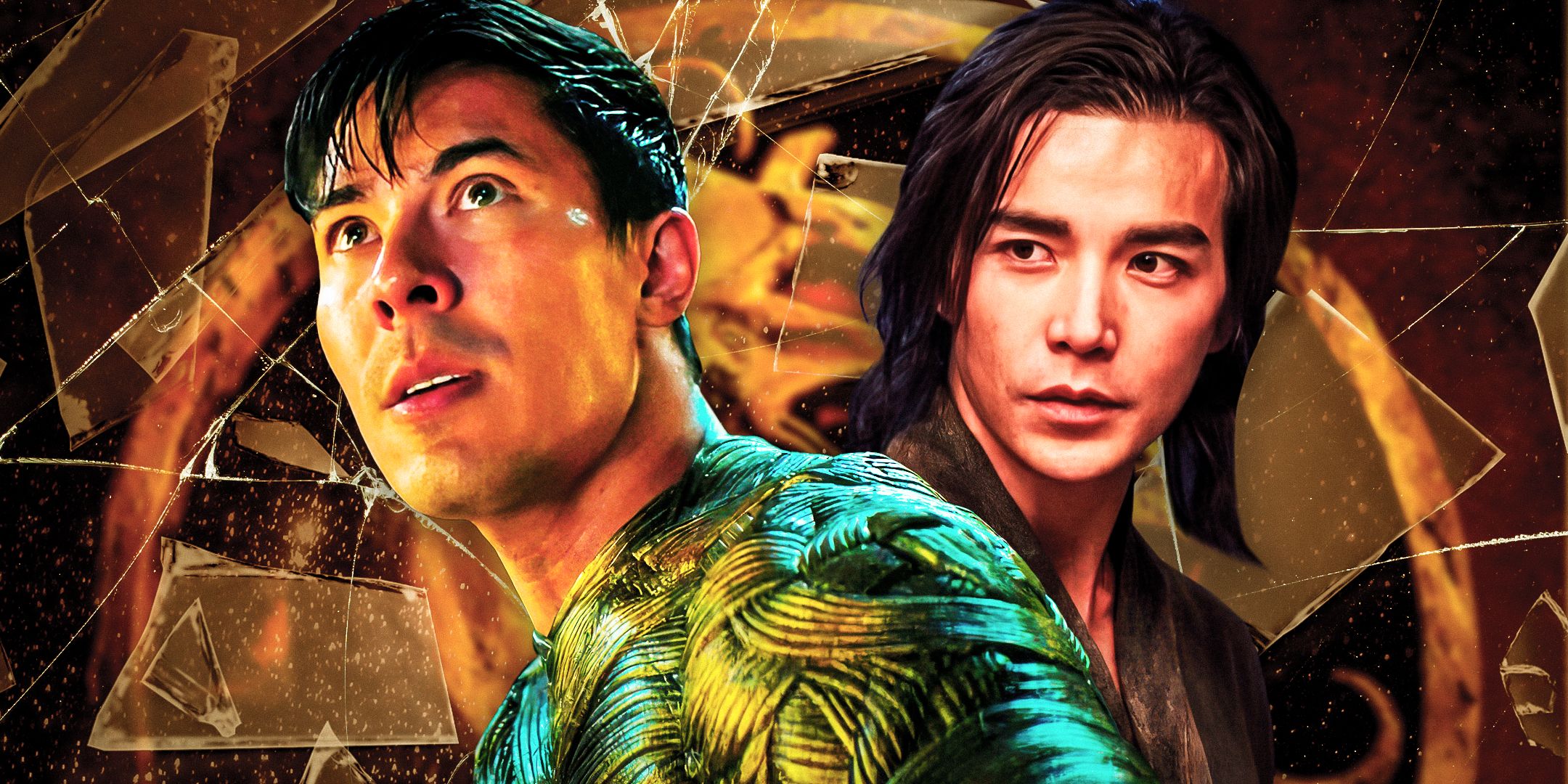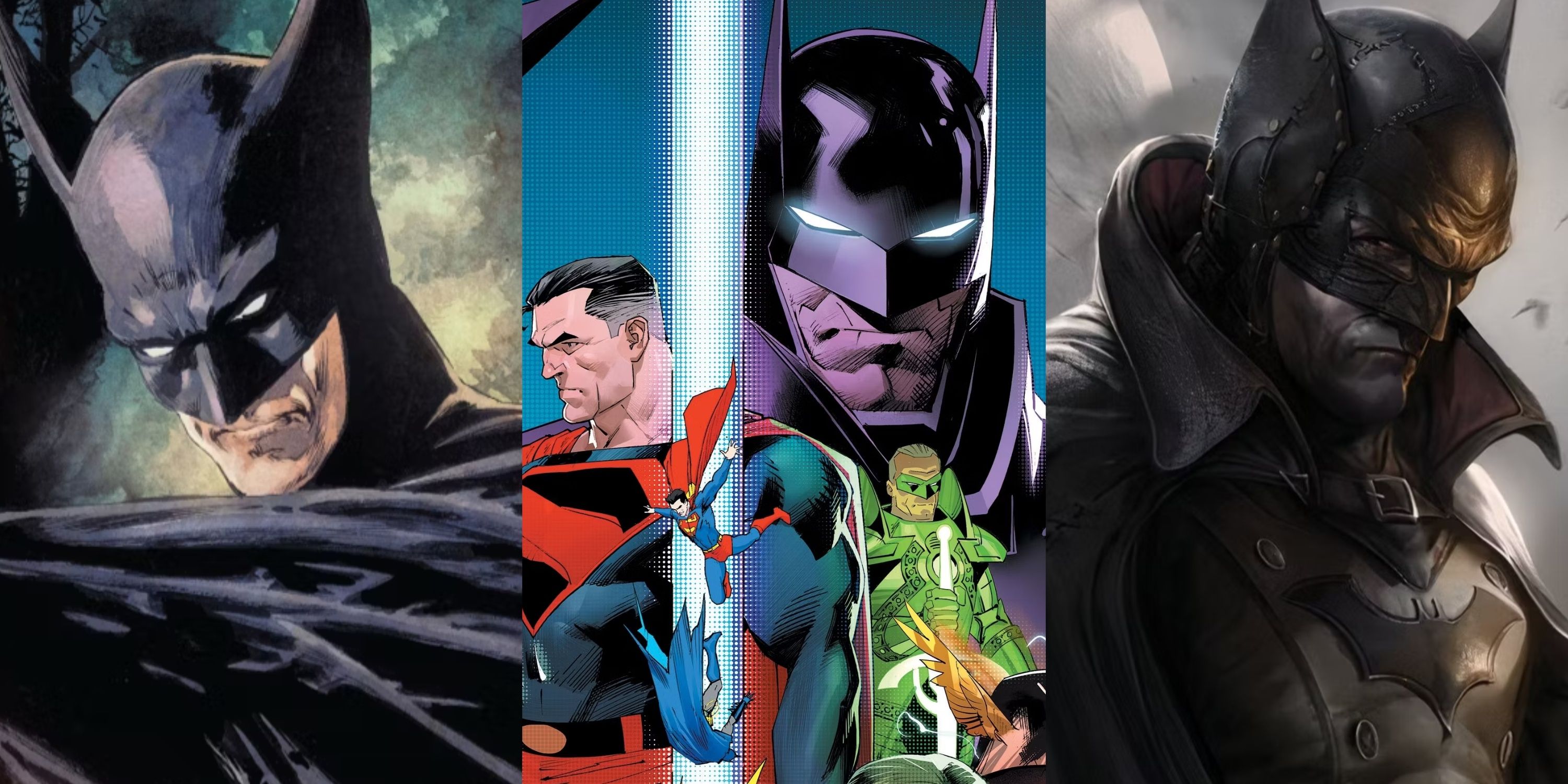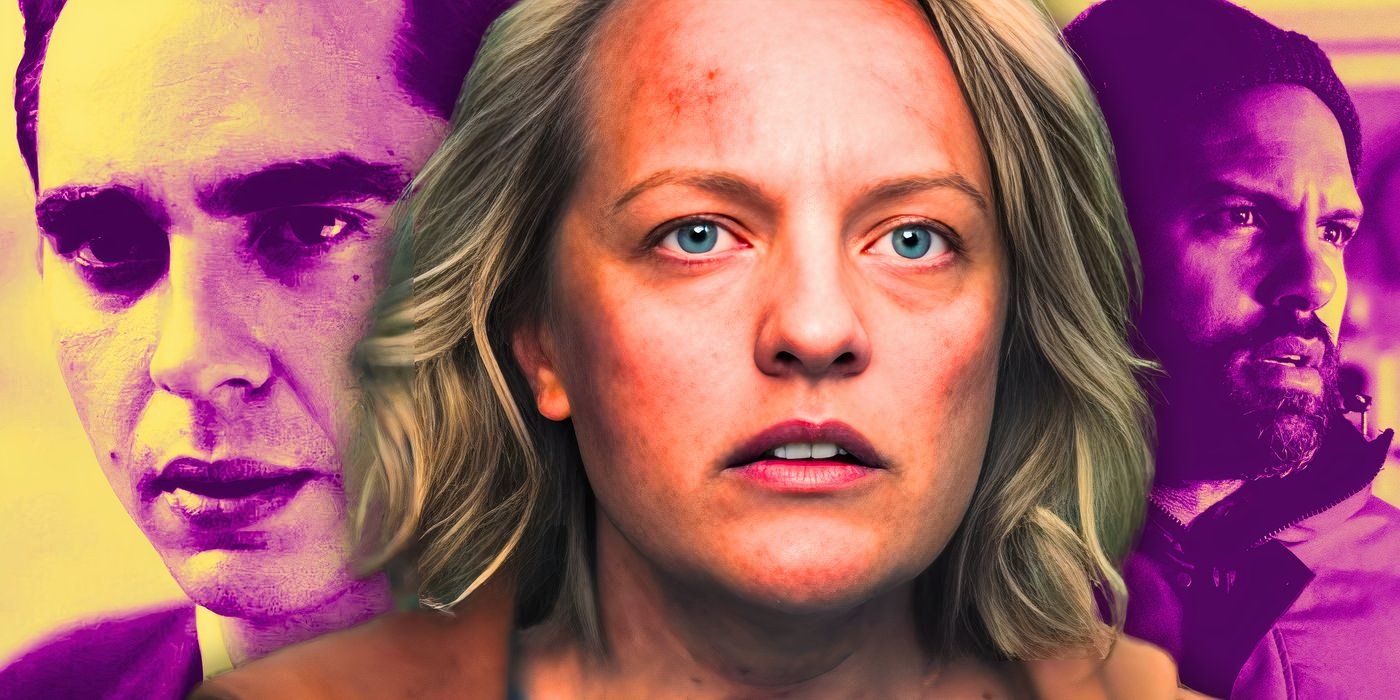What was always a possibility in hindsight is happening – the world’s richest man Elon Musk is reneging on his $44 billion commitment to acquire Twitter, and in doing so, he is shelving his ambitions of turning the platform into a free speech utopia with the “future of civilization” at stake. However, from the moment rumors started circulating that Musk was eyeing Twitter, there was already a group that saw it all with a skeptical view. From incompetence coming out of inexperience to doldrum financial terms, experts had raised alarms ever since the blockbuster Securities and Exchange Commission filings revealed his majority stake in the company.
It’s worth starting from the ambition aspect and how it weighs against reality. Musk – a futurist who wanted to solve problems like climate change, energy crisis, and taking the human civilization to other planets as some kind of interplanetary conquistador – was always at a disadvantage when it came to running a platform like Twitter. Despite all his experience building cool products like reusable rockets and fast electric cars, Twitter is not merely a product of human engineering prowess. It’s more like an open battlefield where human emotions control the narrative: the good, the bad, the ugly and everything in between. Twitter has struggled to control that cesspool of toxicity and spam for over a decade and, as of 2022, removes a million spammy accounts each day. That’s no small number, but it’s a problem that much richer platforms like Facebook, Instagram and TikTok continue to struggle against too.
Imagining that Musk would sweep in with his $44 billion and a magic pill to solve critical problems was nothing short of a daydream that even his most ardent followers would do a double-take about. Musk is a prolific tweeting machine, and such is his impact that his tweets can shift billions in Wall Street fortune daily. But he’s a user after all, which means he has little grasp of the ins and outs of how a “public town square” like Twitter handles sensitive content, which involves everything from human morality to government pressure, all the while trying to remain neutral as a publishing platform. Musk, whose own track record with trolling and social media liberty is tainted, was hardly the best fit to magically redeem a platform struggling with many issues ranging from policy enforcement to dwindling finances. But it was his conduct in the wake of acquisition plan revelations that kept signaling that he isn’t really serious about his Twitter goalposts.
Tall Dreams, Hollow Foundations
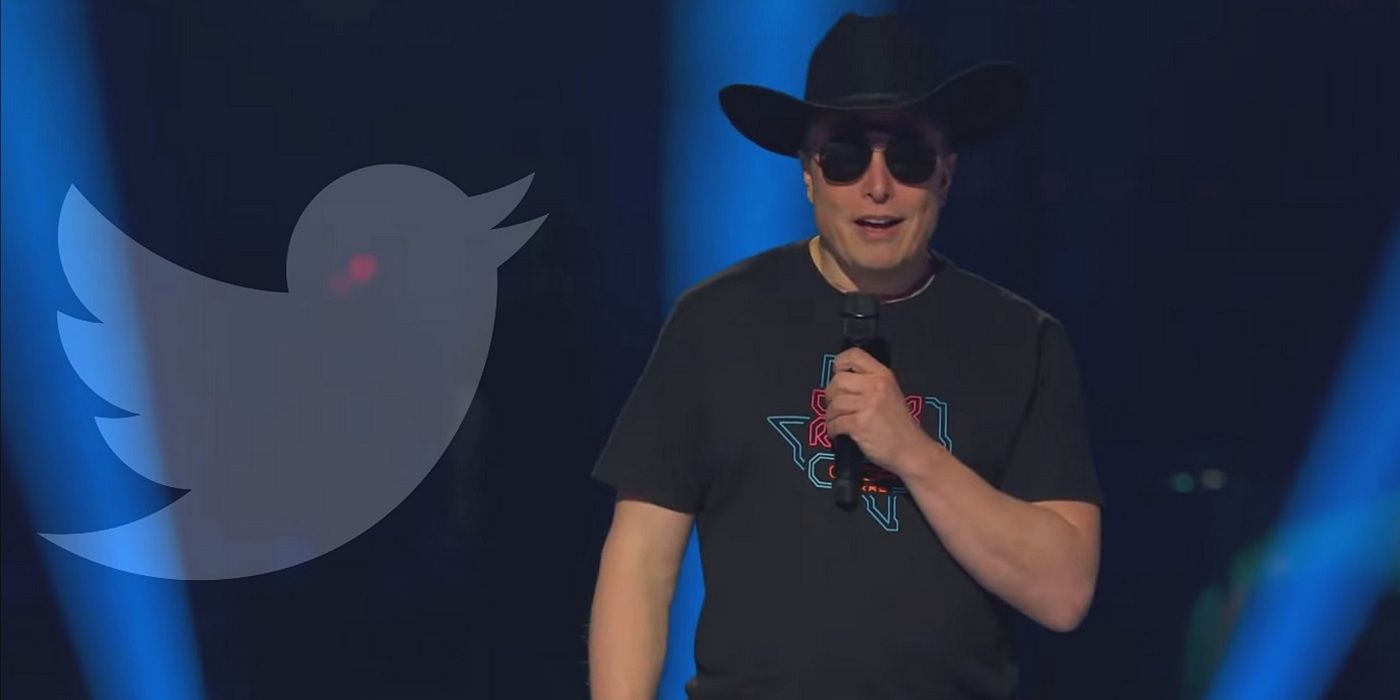
Musk kept attacking Twitter’s top execs, despite the contract prohibiting him from doing it. From a poop emoji aimed at Twitter CEO Parag Agrawal to the vicious attacks against chief legal officer Vijaya Gadde. Musk started testing the limits of his personal sway against the agreement early on. Musk then publicly targeted Twitter over its bot problem and made it clear that he wasn’t averse to undervaluing the deal terms or even putting it on ice because he was kept in the dark. Some of his claims in the SEC filing about the deal termination are even outright misleading. For example, it claims that Twitter refused to reveal its daily active user count. The reality, however, is that those numbers are divulged publicly by Twitter at the end of each financial quarter, in investor calls and SEC declarations.
Then there is the financial aspect of the deal. Even for the world’s richest billionaire, securing $44 billion in cash to buy his favorite online megaphone wasn’t easy, especially when most of his wealth is tied to company shares, especially Tesla. He staked billions worth of own Tesla shares to raise loans and then raised equity from some big names that care more about handsome returns than a temperamental man’s tall promises about civilization’s future. The financial pressure became a real headache in a matter of a few weeks. After all, if Musk didn’t care about the deal’s “economics,” how would he satisfy his very rich investing partners? Turning around Twitter’s fortunes with subscriptions and paywalled tweets might sound like solutions, but implementing and eventually reaping financial rewards, was far from certain.
In the letter announcing his intention to terminate the deal, Musk’s legal representatives repeatedly mention non-compliance with his requests for more data. Musk complained in the past that Twitter had withheld information from him that would otherwise allow his team to perform their own analysis of the bot problem. Twitter complied and eventually gave him “firehose,” aka unhindered access to real-time Twitter user data. And yet, Musk’s team says “Twitter has not complied with its contractual obligations,” and therefore, the deal is off. It remains to be seen how it all holds ground in court.

